Prestigious Future Research Leader funding for DTCC researcher
For the eighth time, the Foundation for Strategic Research has appointed the Research Leader of the Future, FFL-8. Alexander Hollberg, Assistant Professor for Computational Sustainable Design in the Sustainable building group at Chalmers’ Department of Architecture and Civil Engineering, is one of the 16 selected researchers that receive a grant of 15 million SEK each over a five-year period.
Alexander already works in the Twinable and Circularity milestone projects in the DTCC. The main goal of his project is to develop a method for creating digital inventories of urban construction materials using digital twins and machine learning. This should support stakeholders in reusing and recycling construction materials and saving greenhouse gas emissions.
Cities are responsible for 70% of greenhouse gas emissions and 80% of resource consumption. Especially, for construction materials, there is a high potential for circular economy (CE) strategies, e.g., reuse and recycling. To enable this urban mining of construction materials, a detailed inventory of the material stock is needed. Current approaches use a few representative sample projects and extrapolate the data to the city level. However, to be able to reuse materials and components, it needs to be known where they are, when they will be available, and in what condition they are. Such a detailed inventory does not exist today. The project addresses this lack by using of the concept of an urban digital twin (UDT). The information about the materials will be collected using a unique combination of remote sensing, computer vision, and statistical approaches. Using novel detailed material libraries and machine learning, the information will be added to the UDT. Furthermore, the method of Life Cycle Assessment is developed further to allow for dynamic assessment of the environmental impact of different CE strategies considering the uncertainties. Finally, the methods will be implemented in a prototype tool and tested with stakeholders in two real world case studies as a basis for further utilisation.
For more information please contact:
Alexander Hollberg,
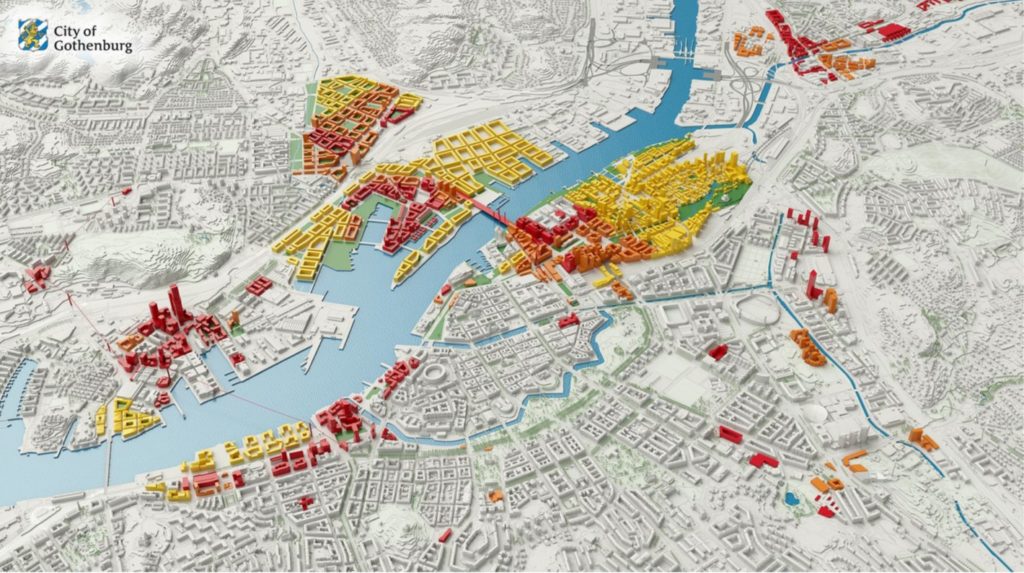
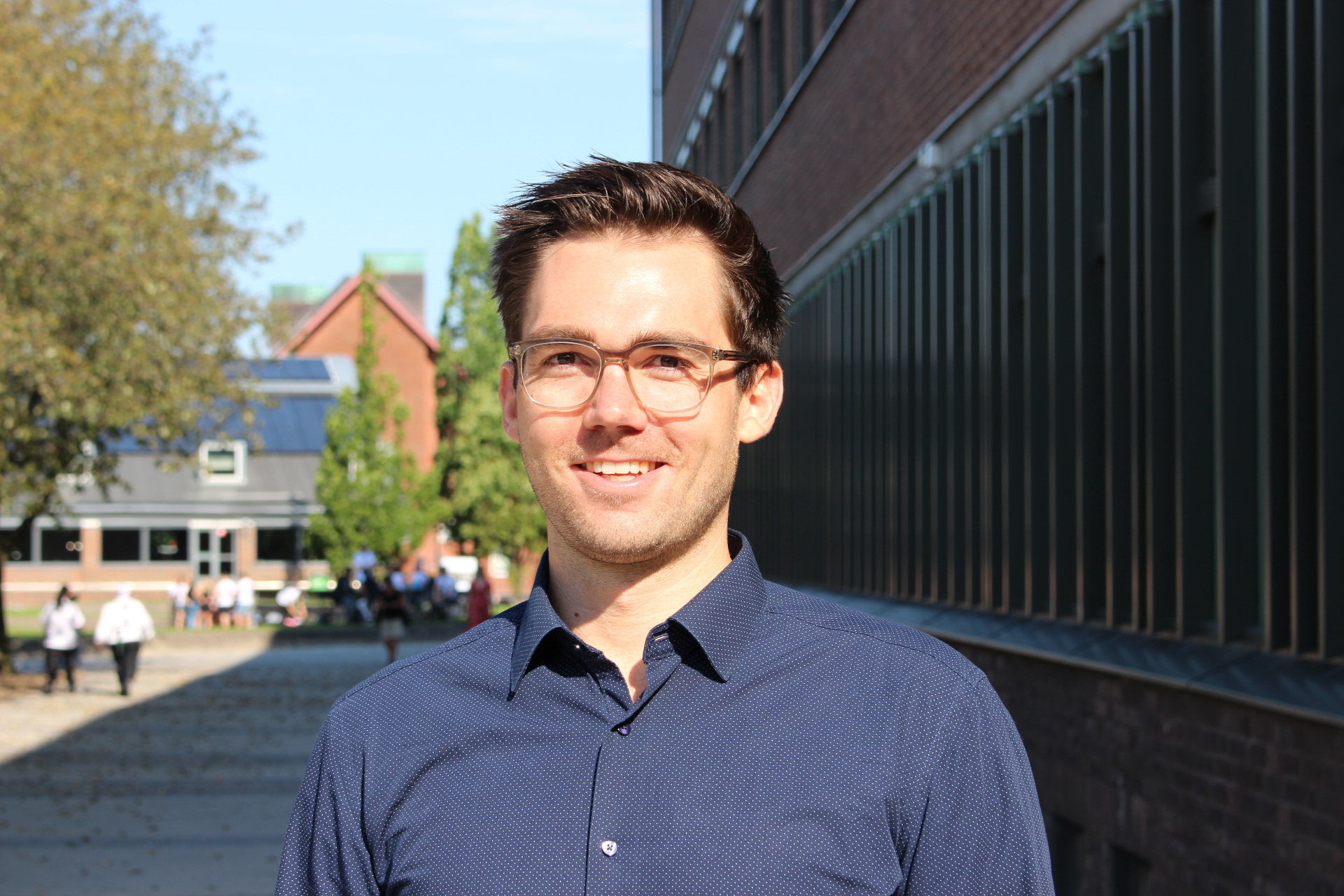
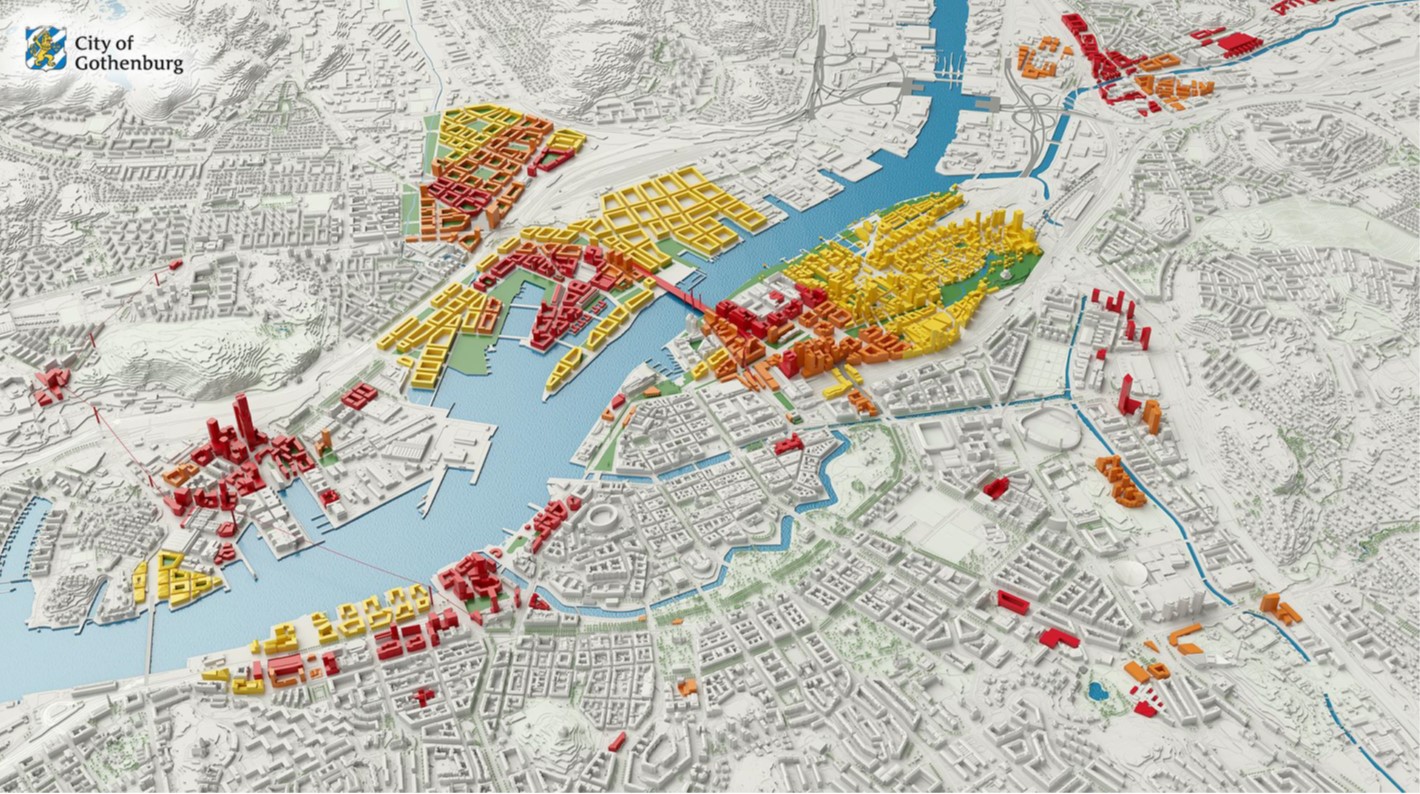
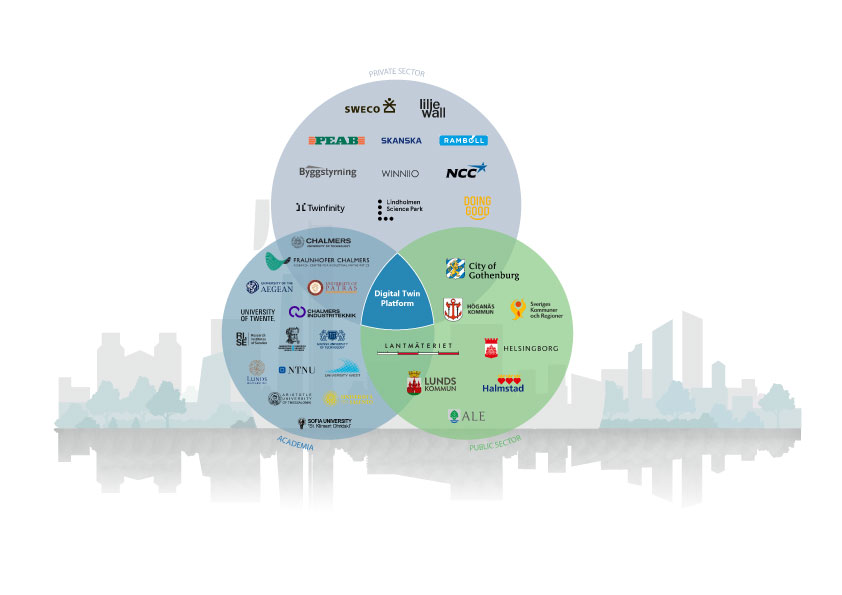

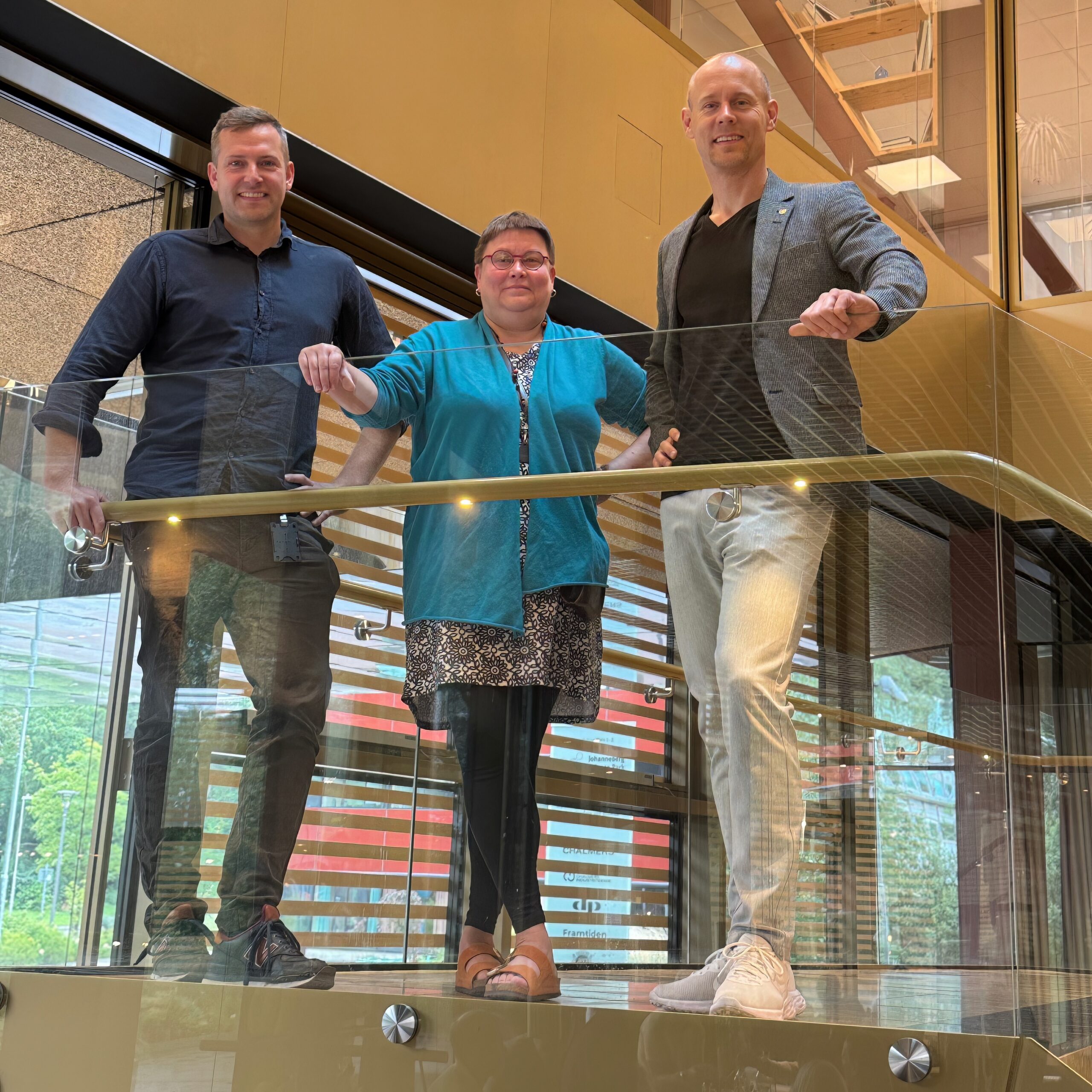



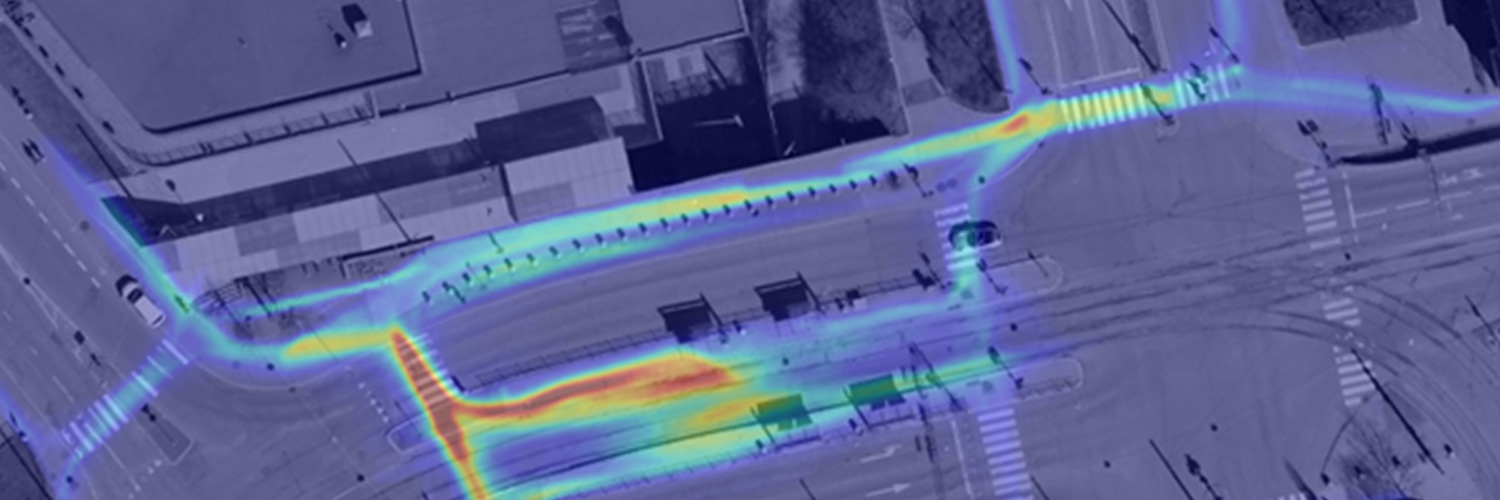
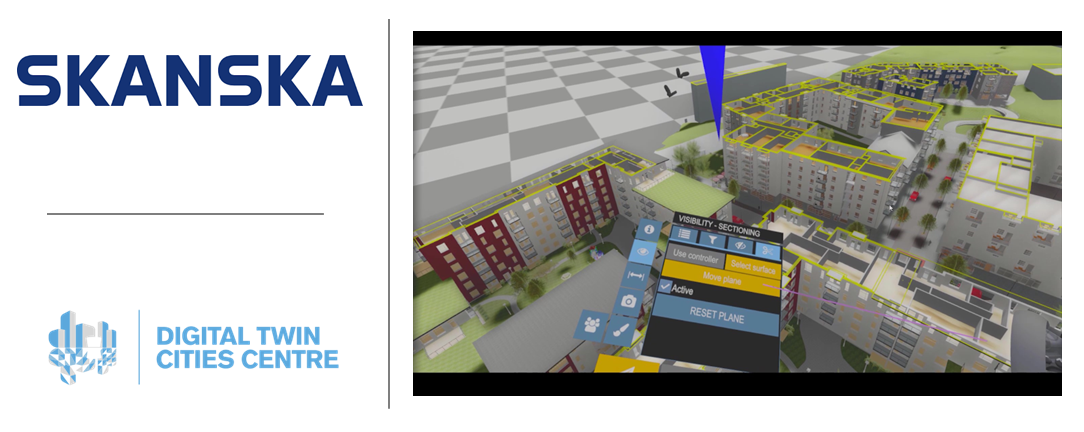
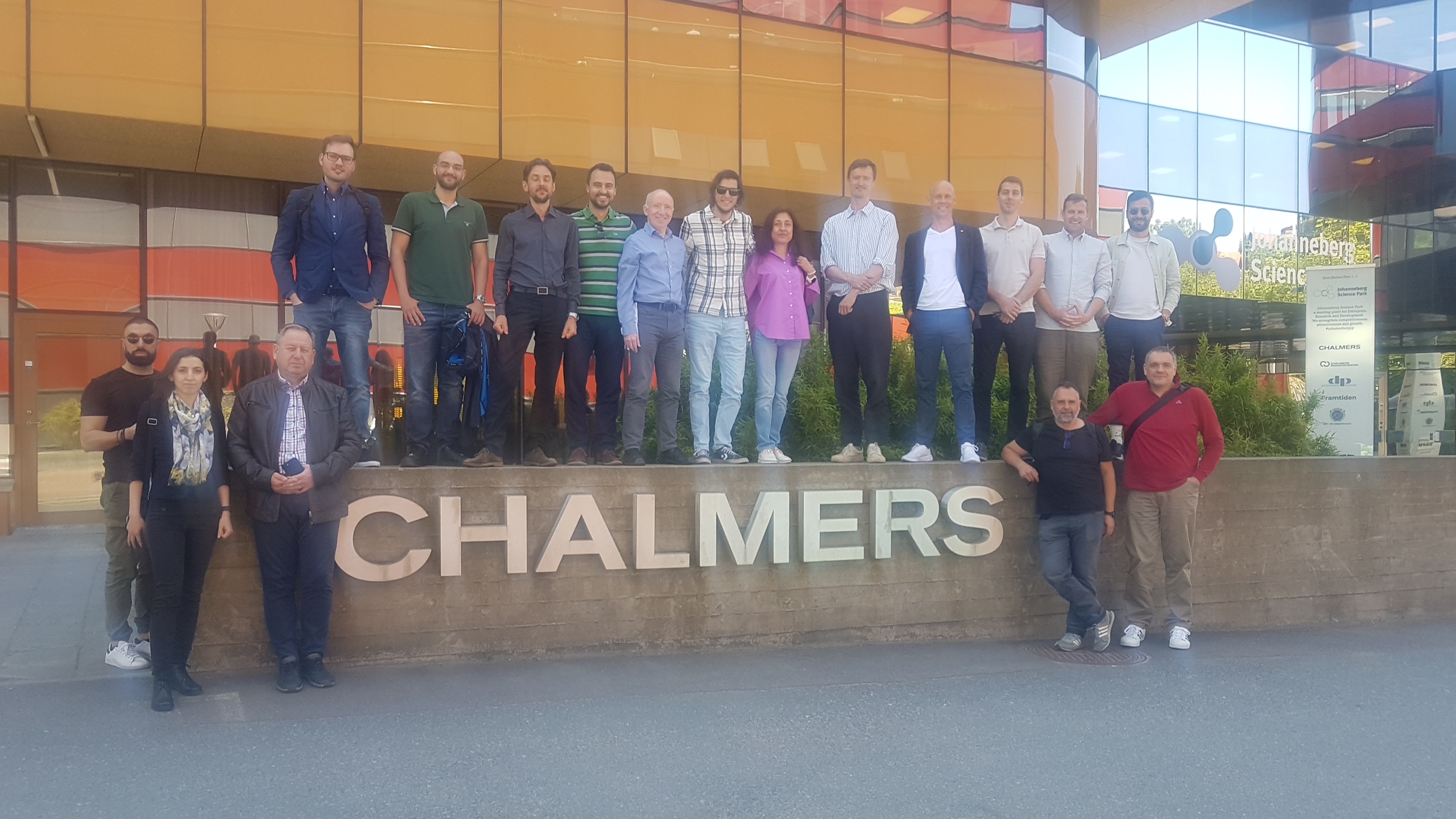
Related Posts